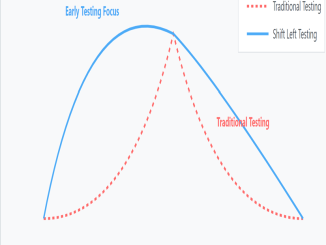Software Testing Articles, Blog Posts, Books, Podcasts and Quotes
In software development, project success often depends on the collaborative efforts of technical, testing, and sales teams. While sales enablement may seem unrelated to software testing, it plays an essential role in aligning departments and providing critical insights for each stage of the software lifecycle.
Urban Air Mobility (UAM) represents a future where air transportation systems operate within and around urban areas, offering a new dimension to city commuting and logistics. Software tools that allow testing and monitoring of UAM are key factors in the successful development of this technology.
Creating excellent test cases is an important part of checking software for the presence and absence of errors. Test cases are frequently used to direct QA engineers through particular steps, promoting the early detection and resolution of challenges in the software development life cycle.
Software testing typically starts once the code is fully developed or in the later stages of development. With this approach, when QA’s role begins at that time, most of the development is already done, and identifying defects at this timeframe means rework for the developers, which is quite costly in terms of time and money. It also impacts project production delivery.
Software quality assurance (QA) is really important and indispensable in highly regulated industries such as insurance and an effective QA process acts as a safety net to protect companies against legal & operational risks by ensuring software integrity, compliance and security.
In a technological world that feels to be evolving at an ever more rapid rate, no area is untouched by change. AI and Machine Learning (ML) have moved from the world of science fiction to pivotal tools that we will soon be wondering how we ever lived without.
Regardless of where the software industry is headed, Software testing will always be at the center of the software industry. It makes the fundamentals of software arrays like Microsoft Office 2024, Photoshop, etc.








